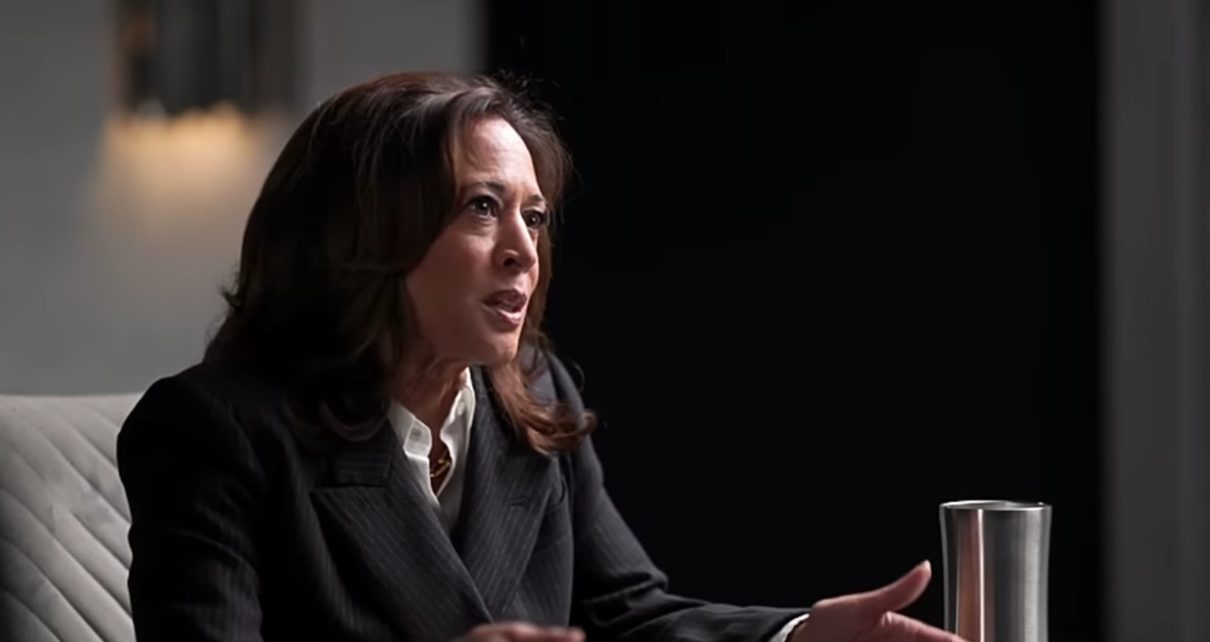By Nkanu Egbe
In a strategic pivot from conventional political coverage, US Vice President Kamala Harris offered an extraordinarily bleak assessment of the current political environment in the United States, declaring the country is at a critical juncture. Her most striking quote, which also serves as the title of the conversation, was: “America Is At Breaking Point and I’m Deeply Concerned About The State Of The Country!”.

The interview was granted to British-Nigerian entrepreneur, investor, and podcaster Steven Bartlett on his globally recognized show, The Diary of a CEO. The placement is viewed by analysts as a deliberate tactic to bypass partisan media and engage directly with a massive, international audience typically focused on business and leadership.
Internal Sabotage and Strategic Errors
During the nearly two-and-a-half-hour discussion on the platform , Harris offered unprecedented candor regarding the aftermath of the recent election and internal friction within the Democratic ranks.
The Vice President spoke openly about the shock of the loss, stating she “was in a state of shock” the moment she learned the outcome. She then leveled stunning accusations of strategic betrayal:
- Harris claimed that “Biden’s team sabotaged her behind the scenes”.
- She expressed “Frustration Over Lack of Recognition,” alleging her staff had “Suppressed My Accomplishments”.
- In an unexpected self-critique of the campaign’s media choices, she candidly admitted that “skipping Joe Rogan was a big mistake”.
Trust, Autonomy, and Policy Framework
While addressing the political turbulence, Harris also framed key policy debates through a lens of trust and individual autonomy, a message highly tailored for Bartlett’s entrepreneurial audience.
On the critical issue of codifying Roe v. Wade to federally protect abortion rights, she stressed that the outcome must be based on faith in the electorate: “I believe that we should put the protections of Ro v wade into law… that the women of America should be trusted to make decisions about their life and their body based on what they know to be in their best interest it’s that simple”.
Similarly, when discussing public health, she emphasised public competence over government mandates: “I think the American people are fully aware of the risks of this virus… the American people are smart. and know what they need to do to protect their health and the the health and well-being of their family members i trust the American people”.
The choice of Steven Bartlett, an influential British figure of Nigerian descent , to host such a high-stakes interview signals the increasing importance of global, non-traditional media channels in defining political narratives and reaching international audiences.


